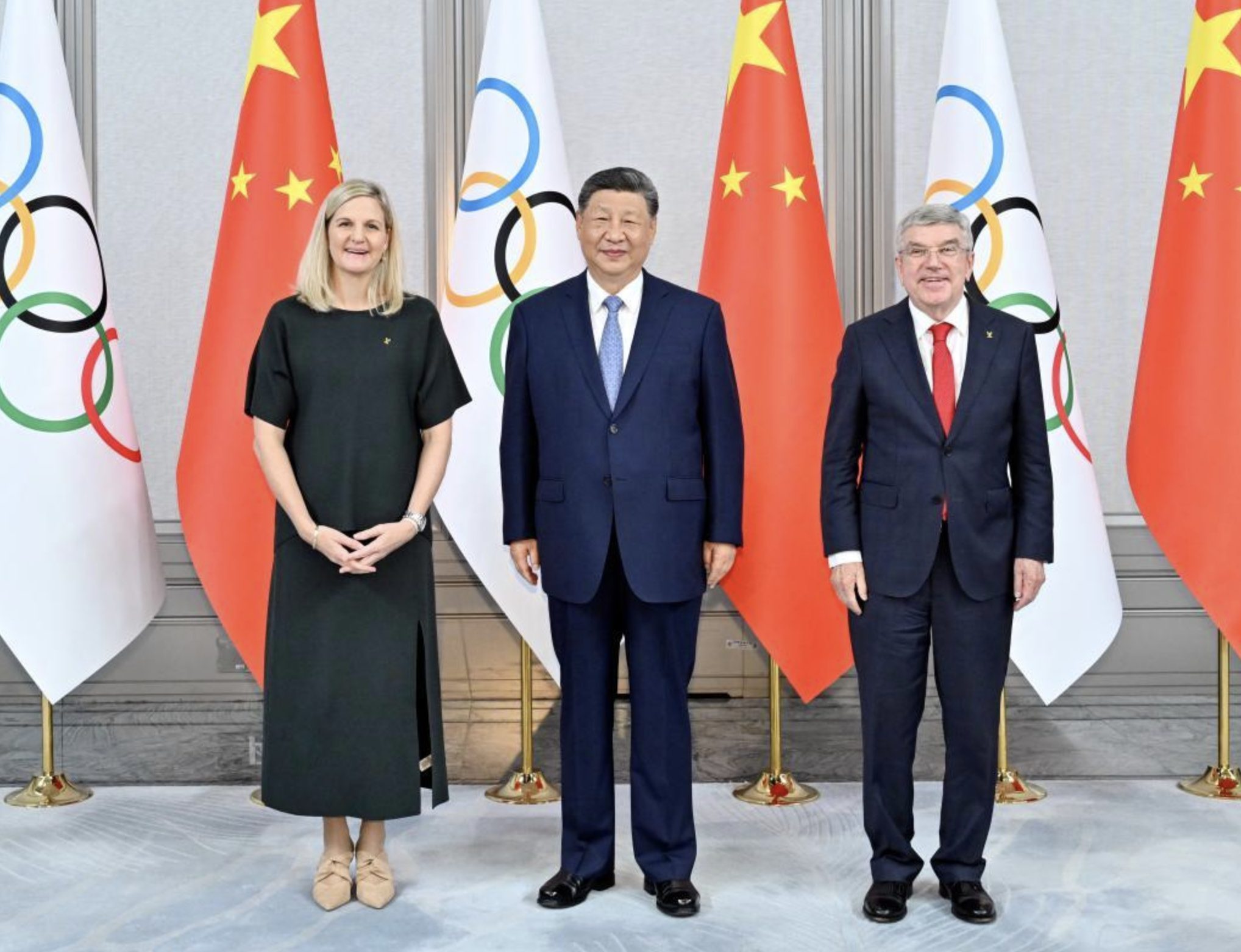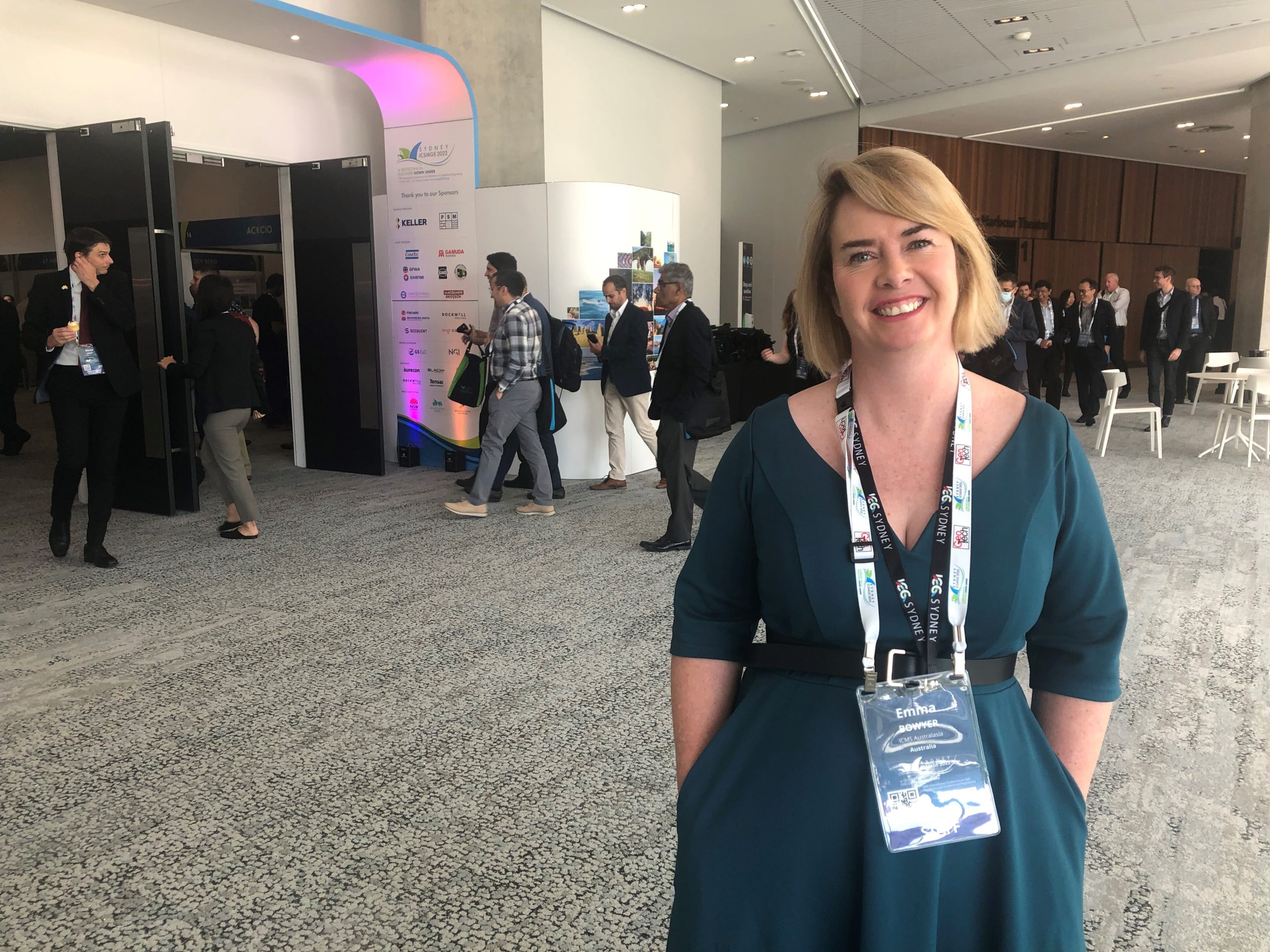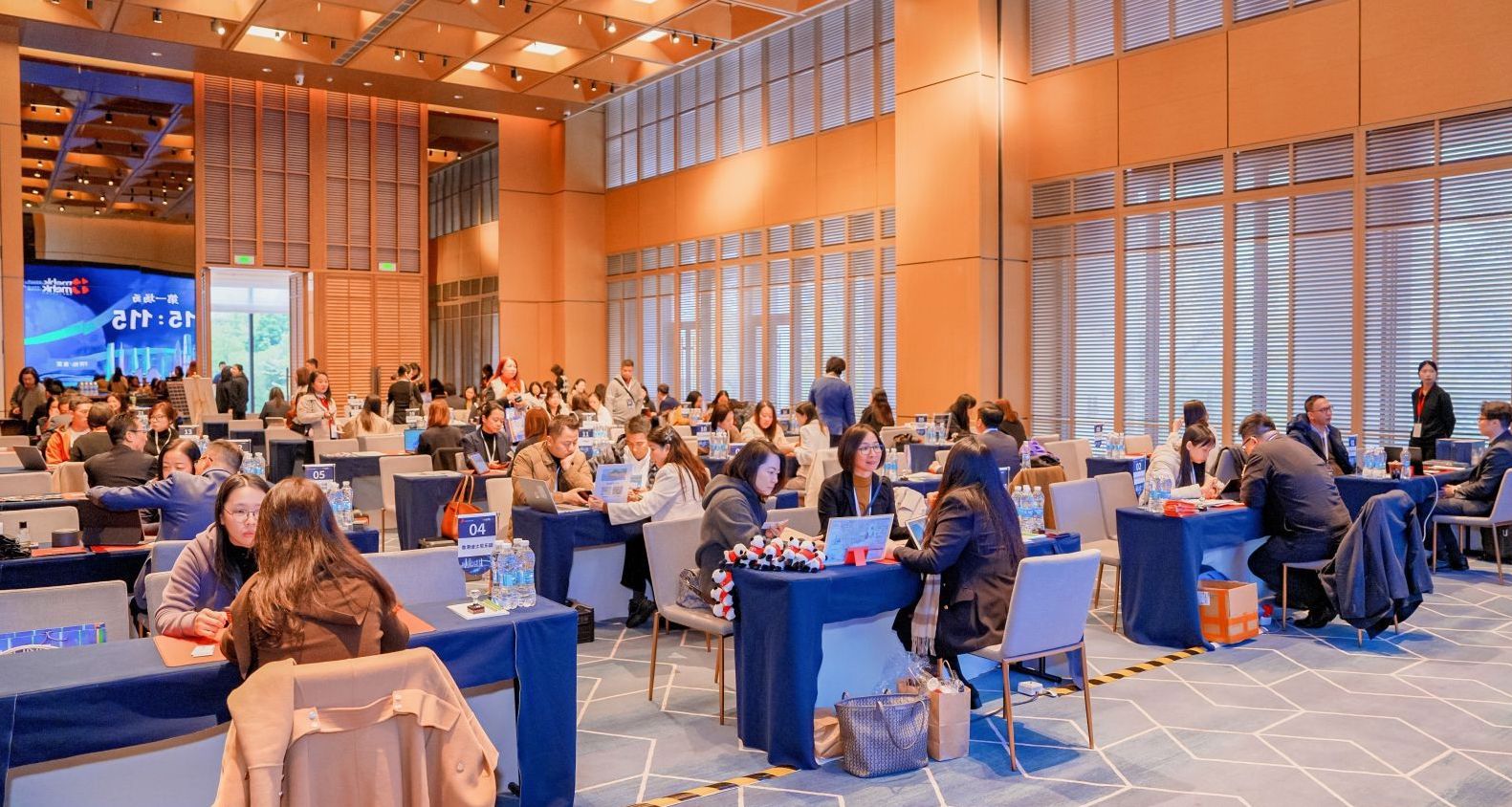KUALA LUMPUR With business tourism slowly establishing itself as a key sector in the Malaysian economy, the Kuala Lumpur Convention Centre (the Centre) and Taylor’s University School of Hospitality, Tourism and Culinary Arts (TCHT) came together to conduct a research project a research project titled Micro Impacts and Benefits of Business Tourism Malaysia: A Case Study of Kuala Lumpur Convention Centre.
The survey looked at three major areas – travel information, delegate-spend and delegate experience in relation to attendance at events held at the Centre. Survey respondents comprised more than 900 local and international delegates from over 70 countries from five events held at the Centre in 2011.
Associate professor Dr Kashif Hussain, programme director, School of Hospitality, Tourism and Culinary Arts, Taylor’s University, who helmed the project, said: “Overall, delegates deemed Malaysia to be a desirable location with notable conveniences, such as excellent shopping and entertainment (restaurants and bars) facilities, a rich abundance of cultural diversity, admirable tourist attractions and a very attractive and modern looking city.
“However, some did ‘voice’ their concern over the city’s pollution, traffic and parking conditions, the long wait at customs on arrival at the airport and errant taxi drivers. Despite this, close to 40 per cent (of all delegates) said they would return to Malaysia within the next three years,” he added.
Other interesting insights from the survey include:
- 35 per cent of delegates were from the US$4,000 (RM12,200) a month income bracket
- 34 per cent spent more than US$500 (RM1,500) on shopping
- 30 per cent booked pre- or post-tours
- 60 per cent spent less than US$100 (RM300) on local transportation
- Close to 41 per cent spent less than US$3,200 (RM9,800) during their stay, while about 14 per cent spent US$6,408 (RM19,600) or more. This further supports the theory that business tourism delegates are higher-yield visitors compared with regular tourists and thus, they generate more income for the domestic economy.
Randall Sim


